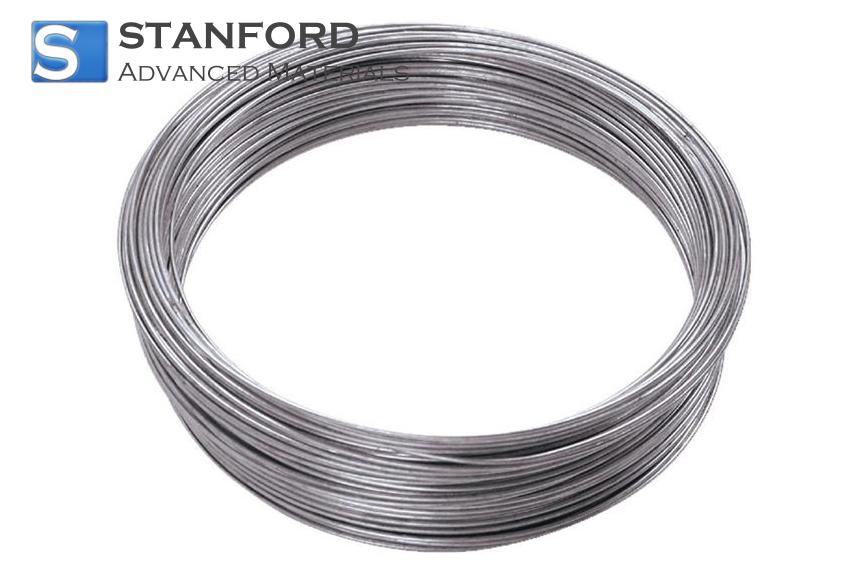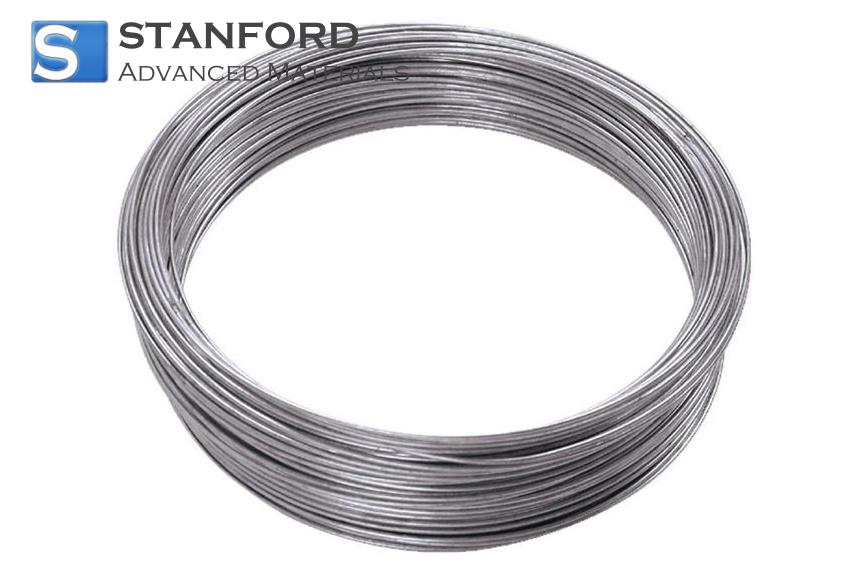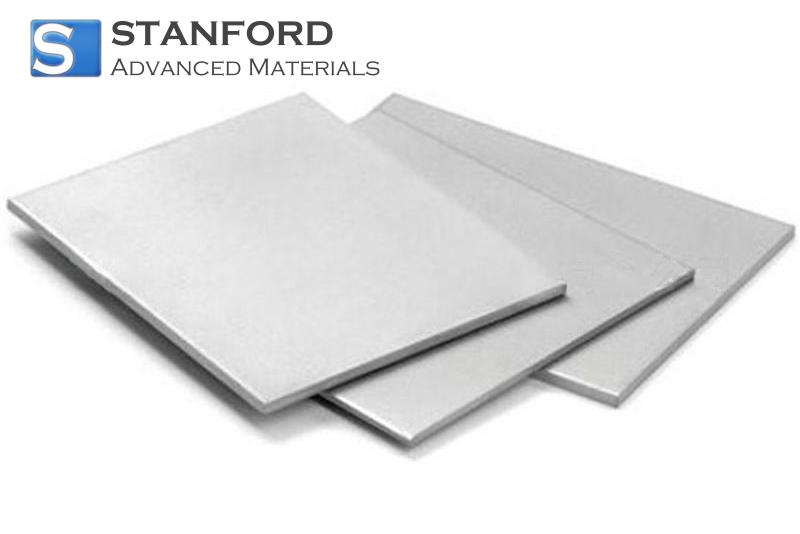Prospects of Boron Carbide Powder in Electronic Ceramic Materials
1. Introduction
Boron carbide powder has been utilised for several decades in high-performance materials. I have been in the field of material research long enough to see its steady rise to prominence. Its hardness and unique properties render it a desirable product for many different applications in ceramics. In electronic ceramics, boron carbide powder adds stability, durability, and improved thermal properties.
2. Physical and Chemical Properties of Boron Carbide Powder
Boron carbide is very hard. It possesses a hardness value of nearly 9.5 on the Mohs scale of hardness. Because it is so hard, it is highly suitable for wear resistance. The powder is very chemically stable. Even in harsh conditions, boron carbide remains strong. It is lightweight but possesses high strength. The density of boron carbide is about 2.52 grams per cubic centimetre.
Another notable property is thermal stability. It can resist temperatures up to 2000°C for a limited time. Its resistance to heat makes it suitable for use as electronic ceramics in high-temperature conditions. Furthermore, boron carbide possesses good thermal conductivity. It assists in regulating heat within electronic applications where excessive heat can cause failure.
Chemically, boron carbide is extremely inert. Its resistance to oxidation, alkalis, and acids is well documented. For example, several reports indicate that boron carbide shows very little reaction under normal chemical conditions. Stability in corrosive conditions has been described. This feature is vital when selecting materials for electronic ceramics under various atmospheres and long service life.
Its composition is complex but strong. Boron carbide's crystal structure consists of icosahedral boron clusters bound together by carbon atoms. This arrangement contributes to its hardness and thermal stability. Engineers appreciate this strength in their ceramic applications.
3. Main Applications of Boron Carbide Powder in Electronic Ceramics
Boron carbide powder finds use in numerous electronic ceramic applications. One of the most obvious is in substrates for high power and high frequency devices. The material acts as a heat spreader. Effective heat dissipation is essential in substrates. Electronic device failure occurs because components overheat. Boron carbide powder keeps temperature conditions stable.
Another significant application is in protective coatings for ceramic capacitors. These components require materials with wear and chemical attack resistance. Boron carbide powder meets such demands. It also possesses insulating properties. This is significant in components that require accurate electrical insulation.
Boron carbide composites are being used in power module thermal management. A number of researchers have reported increased thermal conductivity when boron carbide powder is embedded in ceramics. This reduces the size of cooling devices. Smaller and lighter electronic designs result from reduced cooling requirements.
It is also used in sensors and other systems requiring dielectrically stable materials. Maintaining stable electrical characteristics allows such sensors to function correctly across a broad range of temperatures. Over the years, the role of boron carbide in enhancing sensor reliability has been significantly observed.
Conclusion
Boron carbide powder is widely present in the field of electronic ceramics due to its high hardness, chemical inertness, and thermal stability. Its high hardness, heat resistance, and chemical stability make it a suitable choice for electronic ceramics. For more information, please check Stanford Advanced Materials (SAM).
Frequently Asked Questions
F: Why is boron carbide powder widely used in electronics?
Q: Its high hardness, heat resistance, and chemical stability make it suitable for electronic ceramics.
F: How is boron carbide powder treated for applications in ceramics?
Q: It is treated with processes such as cold isostatic pressing, sintering, and polymer-derived ceramics processes.
F: How are the applications of boron carbide powder typical in electronics?
Q: The applications include substrates for high power devices, protective coatings in capacitors, and thermal management in power modules.

 Bars
Bars
 Beads & Spheres
Beads & Spheres
 Bolts & Nuts
Bolts & Nuts
 Crucibles
Crucibles
 Discs
Discs
 Fibers & Fabrics
Fibers & Fabrics
 Films
Films
 Flake
Flake
 Foams
Foams
 Foil
Foil
 Granules
Granules
 Honeycombs
Honeycombs
 Ink
Ink
 Laminate
Laminate
 Lumps
Lumps
 Meshes
Meshes
 Metallised Film
Metallised Film
 Plate
Plate
 Powders
Powders
 Rod
Rod
 Sheets
Sheets
 Single Crystals
Single Crystals
 Sputtering Target
Sputtering Target
 Tubes
Tubes
 Washer
Washer
 Wires
Wires
 Converters & Calculators
Converters & Calculators
 Write for Us
Write for Us



 Chin Trento
Chin Trento


